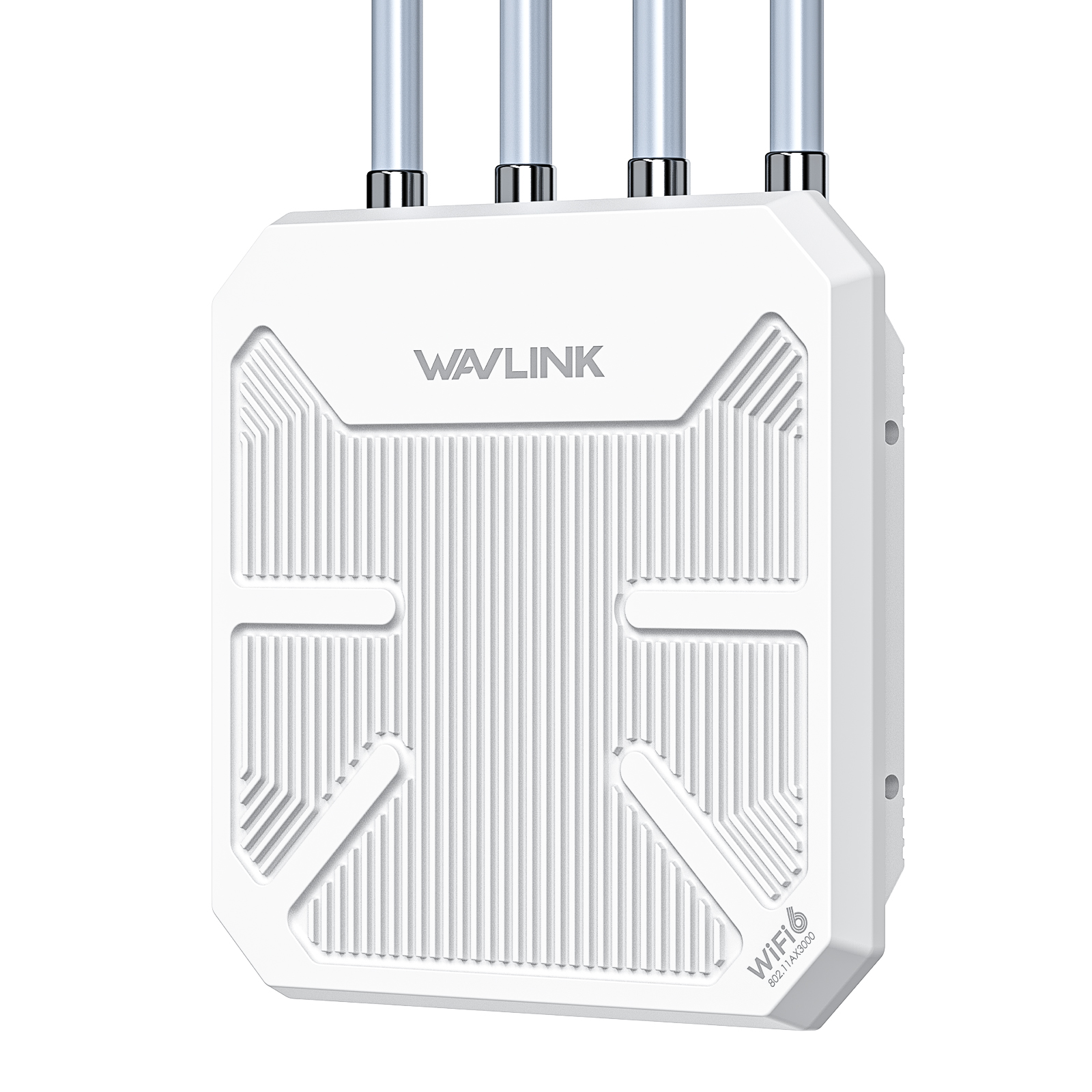Having an unstable and slow internet connection can be exhausting, as nobody likes to wait before being able to watch videos or visit webpages. Everyone dislikes a slow internet connection, even if you are paying for higher speeds, you may still experience slower internet speeds. There can be various reasons contributing to your slow internet connection.
Here are some methods you can try to improve your internet connection speed. We cannot guarantee extremely fast internet speeds, but these methods will definitely help improve the speed.
Often, users make the rookie mistake of relying on their old routers to work with the latest technology, such as ADSL 2+. Old routers are not designed for the new technology and may not provide the desired speeds. If you are using an old or outdated router/modem, it is recommended that you switch to a new one that is better suited for the latest technology.
Similar to your mobile phone and computer, routers run on their own software called firmware. Regularly updating the firmware is crucial to keep the router up-to-date and ensure optimal performance.
For example: AX1800, AX3000. There are many brands available, such as TP-link, Wavlink, Linksys, etc.
Sometimes, viruses or malware can slow down your internet speed. Viruses and malware reside in your computer and consume resources like RAM and bandwidth, resulting in a slower connection speed.
For mobile devices, storage space is also important. A device filled with unnecessary files and junk can slow down its performance. It's advisable to clear out junk, delete old photos, and remove outdated videos from your storage.
If there are too many devices connected to the same network at once, each device will share a portion of the internet speed, leading to a slow connection. If your network is not password-protected, it is recommended to secure it with a strong password, ensuring that only authorized users can connect. When you are done using the internet on a device, it is better to disconnect it from the network to free up bandwidth.
Having too many devices can cause congestion on a router with average performance. This means that devices that connect first will generally have faster speeds, while those that connect later may experience slower speeds.
If your internet connection is also connected with a telephone line, it is important to check if the cables are damaged and install high-quality filters on the line. Good filters can eliminate interference and provide a stable internet connection. Nowadays, most ISPs have switched to fiber optic connections, so if you suspect that your internet speed is not up to par due to optical attenuation, it's advisable to contact your local broadband service provider's after-sales service engineer for an optical test. If there is excessive optical attenuation, it should be repaired, and if the equipment is damaged, it should be replaced.
Last but not least, consider upgrading your internet plan to a higher bandwidth speed. Having a higher internet speed will result in a better internet connection, allowing you to use multiple devices simultaneously without any issues.
If you are a DIY enthusiast, you can try using a software-defined router. Software-defined routers often offer better performance and internet speeds compared to pre-packaged brand routers. They have more advanced and organized device queue management. However, they can be more complex and may not be suitable for general users. Personally, I recommend using pfSense.
By trying these methods, you can improve your internet connection speed. However, please note that actual internet speeds are influenced by various factors, including your internet service plan, geographical location, and network traffic. Therefore, you may not be able to completely eliminate all speed issues, but these methods will certainly help optimize and improve the quality of your internet connection.
Get the Scoop First
Subscribe to our official website to receive exclusive first-hand news and stay up-to-date on our new product releases and promotions!



